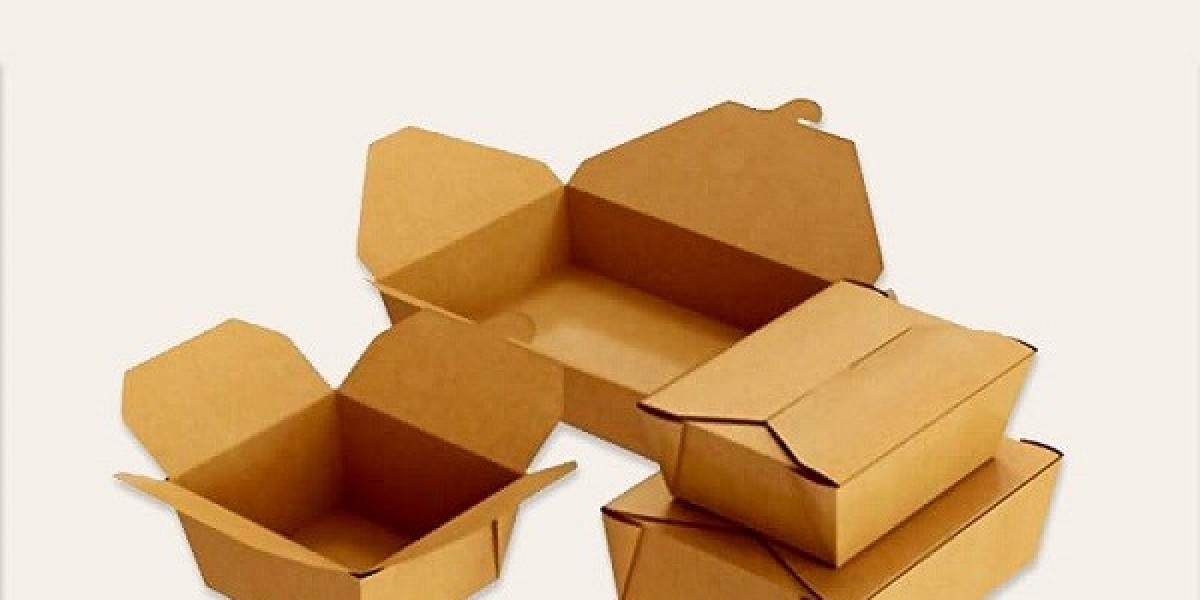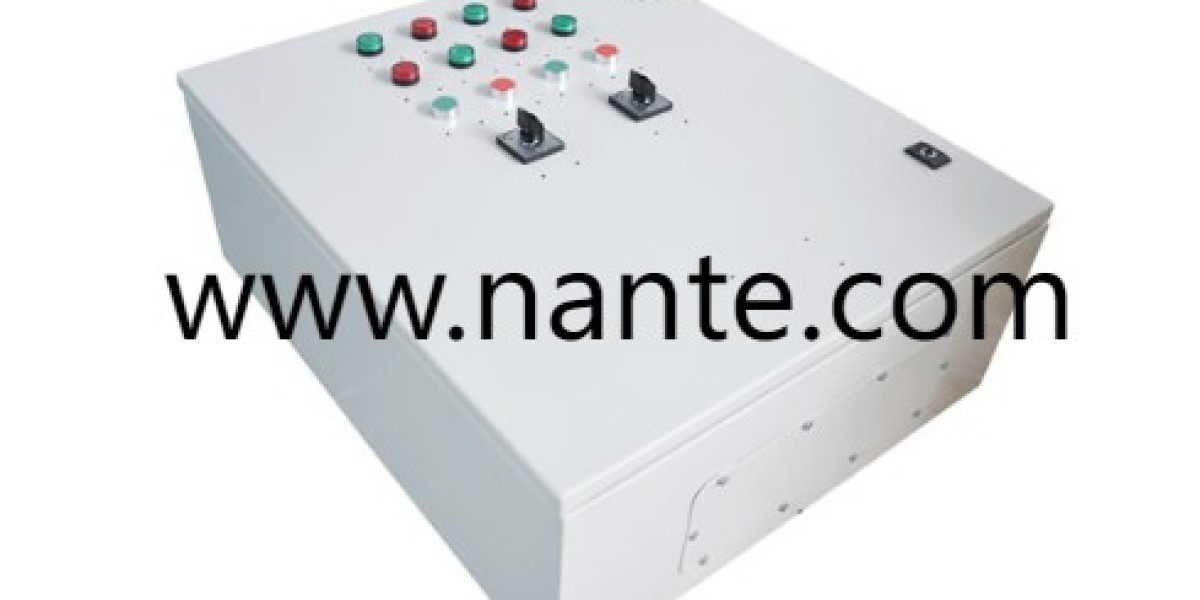In today’s sustainability-driven market, eco-conscious consumers are no longer a niche — they’re the norm. More than ever, people are supporting brands that align with their values, especially when it comes to environmental responsibility. If you run a food brand built on eco-friendly principles, the packaging you choose is just as important as the ingredients you use. And that’s where custom cardboard boxes packaging comes in.
Cardboard offers a perfect combination of sustainability, performance, and brand appeal. Let’s explore why your eco-focused food brand should be using cardboard packaging — and how it can strengthen your environmental promise while boosting your bottom line.
1. Cardboard is Recyclable and Biodegradable
Unlike plastic packaging, which takes hundreds of years to decompose, cardboard is biodegradable and fully recyclable. It naturally breaks down in the environment without leaving behind harmful microplastics.
By choosing cardboard, your brand supports:
- Reduced landfill waste
- Cleaner oceans and communities
- A circular economy through recycling
This makes cardboard packaging a clear winner for eco-conscious brands looking to minimize environmental impact.
2. Sustainable Sourcing Supports Forest Management
Most food-grade cardboard packaging is made from sustainably sourced paper, often certified by organizations like the Forest Stewardship Council (FSC). This ensures that the material comes from responsibly managed forests — another great selling point for brands that care about protecting the planet.
Using responsibly sourced cardboard shows your customers that:
- You value environmental transparency
- You avoid contributing to deforestation
- You choose ethical partners and suppliers
3. Lightweight, Yet Durable
Cardboard is surprisingly strong for its weight. It can protect food during transport while being light enough to reduce shipping costs and carbon emissions.
Eco-focused food brands benefit from this in multiple ways:
- Lower transportation impact
- Reduced fuel usage
- Safe product delivery with minimal material waste
This helps reinforce your commitment to sustainability without sacrificing functionality.
4. Ideal for Compostable Packaging Programs
Cardboard packaging — especially when uncoated or made from kraft paper — is a popular choice for compostable packaging initiatives. Some businesses even encourage customers to compost their food containers at home or return them to compost drop-off locations.
If your food brand promotes zero-waste goals, cardboard supports:
- Industrial and home composting compatibility
- Decreased reliance on waste collection services
- Alignment with green certifications and initiatives
5. Customizable for Eco Branding
Cardboard is one of the most versatile packaging materials for branding. You can easily customize it with eco-friendly inks, minimalist designs, or natural textures to visually communicate your values.
Examples include:
- Kraft cardboard with soy-based ink
- Eco messages printed directly on the box
- QR codes linking to your sustainability story
Your packaging can become a storytelling tool that strengthens brand identity and builds emotional connections with your customers.
6. Better Shelf Appeal for Conscious Consumers
Today’s consumers are drawn to packaging that looks natural, clean, and authentic. Cardboard provides a tactile and visual feel that plastic simply can’t replicate. It appeals to shoppers who value simplicity and sustainability — two qualities that drive purchasing decisions in eco-focused markets.
Your cardboard box can signal:
- Healthier, cleaner food choices
- Lower environmental impact
- Trustworthiness and transparency
7. Compliance with Green Regulations
Many cities and countries are enacting restrictions on single-use plastics. Cardboard packaging helps your brand stay ahead of regulations and avoid fines or packaging redesigns later down the line.
By transitioning early to cardboard, you:
- Future-proof your packaging line
- Maintain compliance with eco-labeling standards
- Meet retailer and distributor sustainability requirements
Conclusion
If your food brand is built on eco-friendly values, then cardboard packaging isn’t just a smart choice — it’s a necessary one. From recyclability and compostability to design versatility and regulatory compliance, cardboard aligns with every aspect of an environmentally responsible business model.
Your packaging is the first impression your brand makes. By choosing cardboard, you're telling your customers that you care about more than just profits — you care about the planet.



